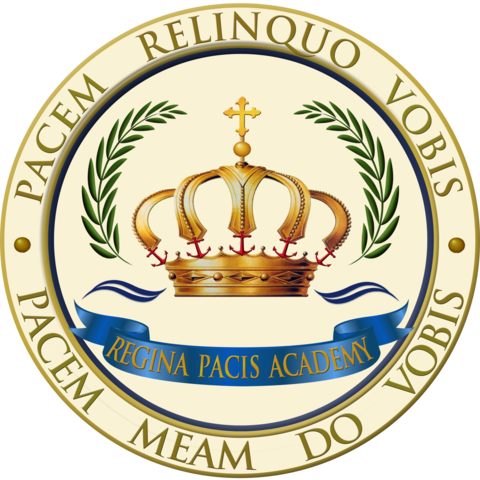If you're considering Catholic school for your child, you may be overwhelmed by the many different options at first. You may think that narrowing your educational options down to Catholic school will make your decision easier, but depending on where you live, you may still be left with a long list of schools to choose from. Catholic schools come in many different forms, from the usual parochial model (connected to a Catholic parish and associated with the local Diocese) to private, independent Catholic schools. Some may resemble a typical secular public school in their style of education, while others may offer more traditional models of education. There may be different styles of education even among private Catholic schools. So even among private schools, that doesn't necessarily narrow things down for you as a parent, as there are 34,576 private schools in the United States, serving 5.7 million PK-12 students. Private schools account for 25 percent of the nation's schools and enroll 10 percent of all PK-12 students
With that being said, if you focus on classical Catholic schools, your selection process may get much easier. A classical education offers you and your child benefits that you wouldn't receive otherwise. Let's look more closely at why you should consider a classical approach to education for your child.
What Is the Classical Approach to Education?
The classical approach to education is focused more on history than other approaches to education. This doesn't just pertain to the teaching of history itself, but also the way that education is explored. Classic Catholic schools examine the way that students learn and have learned over the course of human history and use this information to teach students in the best ways possible.
Encouragement to Explore and Question
Classical Catholic schools teach children by exposing them to a wide range of ideas. A classical approach may sound traditional, but children in these schools learn about and discuss ideas that they wouldn't normally be exposed to in the typical public, or even parochial Catholic, school. They are able to learn about the ideas espoused by countless great minds over the course of history, through literature, primary sources, and philosophical debates. Students are encouraged to explore and question these concepts, and in doing so, come to understand how they have formed the very foundation of Western civilization.
How Does the Classical Approach Work?
In general, children at classical Catholic schools will focus in the grammar stage (Kindergarten through Grade 5) on absorbing significant amounts of information. In middle school (Grades 6 through 8), students transition to a formal logic stage, in which their thinking is encouraged to become more abstract and independent. In high school, they move to the rhetoric stage (Grades 9 through 12), in which they begin applying the skills they have learned and use those skills and knowledge to compose and express cogent arguments. Ultimately, this process of learning, which mirrors, the natural development of a child, will contribute to a more well-rounded student and well-formed adult.
As you consider what school to send your child to, consider classical Catholic schools in your area. They offer an excellent, well-rounded education that will help your child grow into a mature and knowledgeable adult. To learn more, contact us today!


